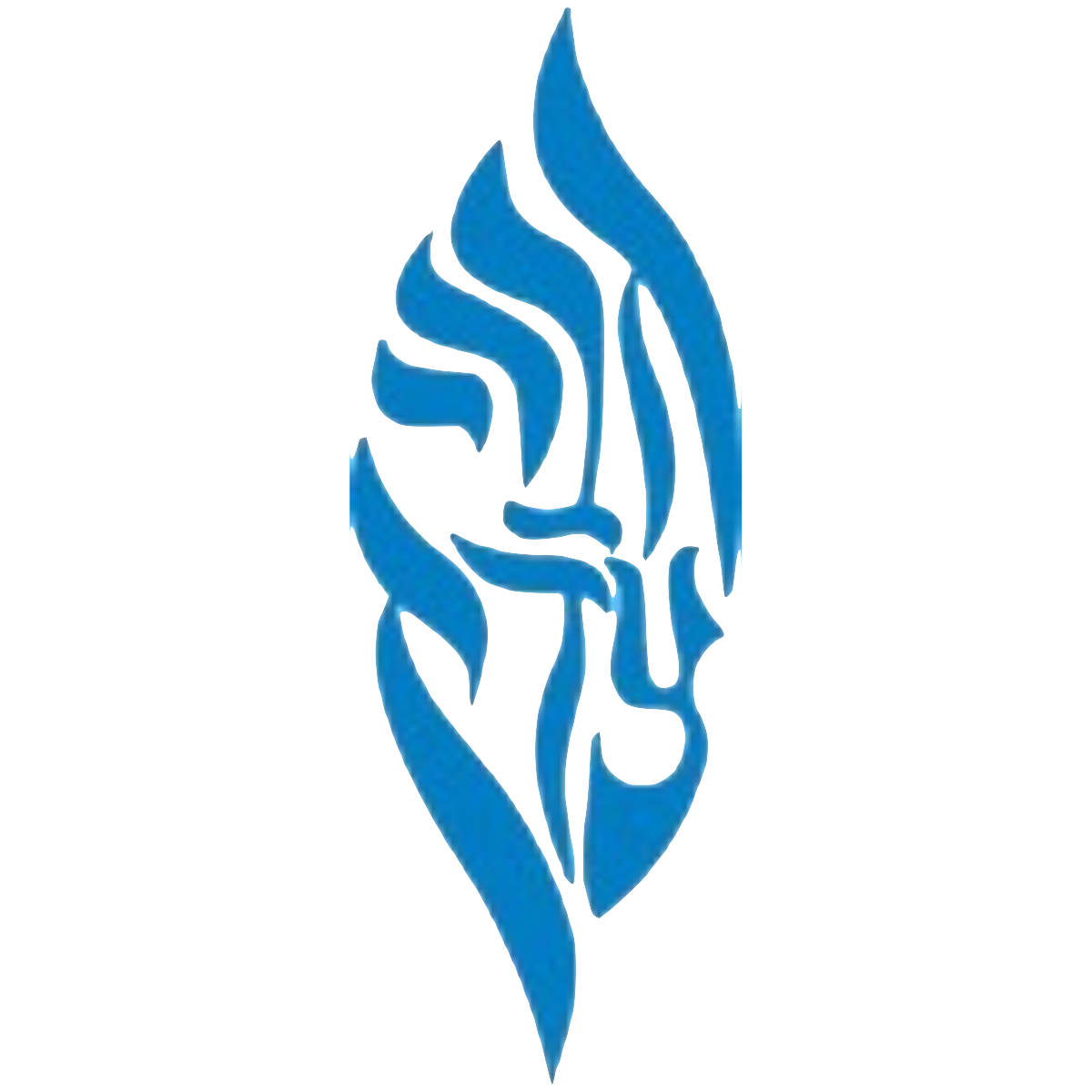This past week, at our fall Community Meeting, we engaged yet again in courageous conversations around how our community serves as a welcoming home for interfaith families. Building on principles and practices I learned from Beyond Dispute, the event I attended a few weeks ago and about which I recently wrote to us, we puzzled through some scenarios meant to spark disagreement and therefore productive discussion.
The second scenario we discussed (the scenarios were all fictional, but plausible) touched directly on the more subtle ways synagogue communities can be – or not be – open and welcoming to all members of interfaith families. Our conversation was vibrant and productive, and I’d like for us to start to carry it forward. With that in mind, I’m going to share an abridged version of that scenario and then pose some of the same questions we used to unpack this situation, in the hopes that many of you, whether you attended the Community Meeting or not, will share your thoughts with me over the coming week.
The story is about a synagogue that is quite different from Chevrei Tzedek, but the ideas and interactions presented in it are easily applicable to a number of different situations and settings that are regular features of Chevrei Tzedek community life. Here’s the story:
Beth Shalom Conservative Synagogue has a warm, bustling Hebrew school, and Rachel and Mark have always felt mostly welcome. Rachel grew up in the congregation; Mark, raised Catholic but now secular, attends family services with their son, Sam, and volunteers for social action events, though he’s still learning the vocabulary.
One Wednesday, Mark arrives early for pickup and overhears a parent volunteer gently correcting a student who says Sam “is Jewish because his dad brings the best snacks.” The volunteer laughs and replies, “Well, technically Judaism goes through the mother, sweetheart. Sam’s Jewish because his mom is.”
The kids don’t think twice, but the words hit Mark more sharply than the volunteer intends. He doesn’t want halakhah rewritten—he just doesn’t want to be positioned as irrelevant.
He privately asks the volunteer to avoid making comments about “who counts” when kids are around. She apologizes immediately but later tells the education director that she “feels unsure what she’s allowed to say about halakhah in this new era of inclusion.”
By Friday, several parents have heard a version of the story. Some think Mark “took it too personally”; others think the volunteer’s comment was insensitive. The school director wonders whether to address the issue publicly with a short note about inclusion and sensitive language—but fears that doing so might make Mark feel spotlighted all over again.
The dilemma:
How should the school director respond here, both to the volunteer and to Mark? How should a Conservative synagogue navigate teaching halakhah around identity while protecting the dignity of an interfaith parent? Should leadership address this publicly for the sake of communal norms, or quietly for the sake of pastoral care?
This scenario, as I mentioned above, touches on a number of issues that are relevant to our community and our practices. Especially as we take an honest and thoughtful look at our current practices, how we got here, and where we’d like to go, there are a number of questions I’d like us to consider. These questions use the scenario about Mark as inspiration, but are explicitly about our community and our plans and practices as we envision our future.
- What are some areas of our synagogue life that relate most to interfaith inclusion?
- What are some sub-topics on this main theme that you think we should explore further?
- What are your concerns about pursuing a more overt approach to being inclusive of multifaith families?
- What are you excited or hopeful about as we move forward in this area?
Feel free to respond to any one (or all) of these questions and get in touch! We value every voice in our community as we embark on this journey – please let me know your thoughts.
I’m looking forward to hearing from you soon.
Shabbat Shalom!
